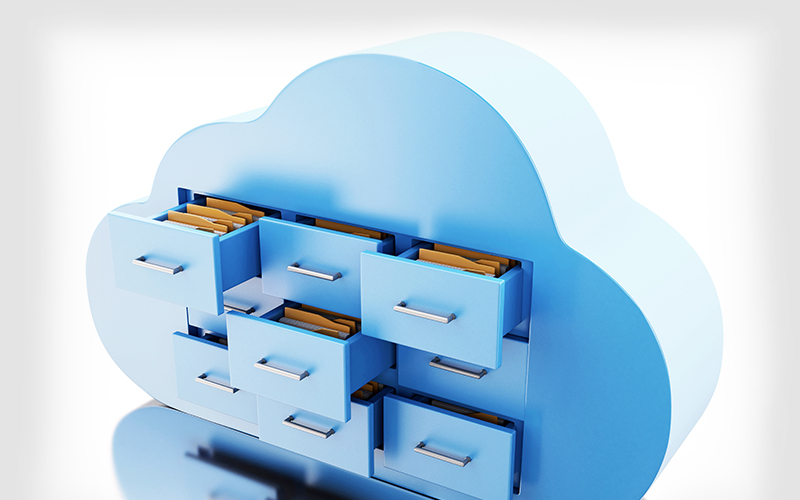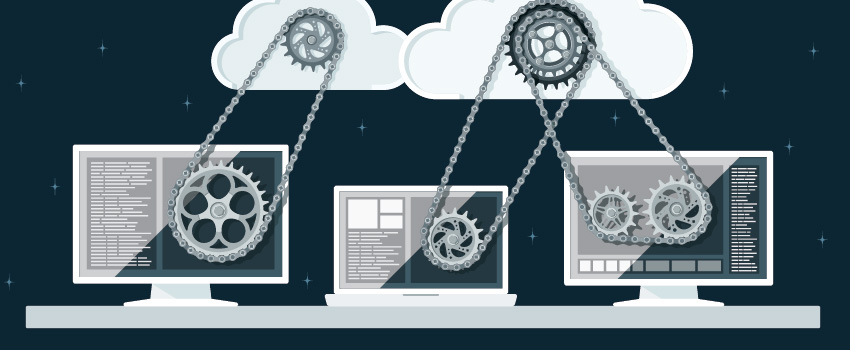Every man and his dog already heard about cloud computing. You might ask yourself if you need cloud migration or not? Let’s discuss why cloud migration is important. Will cloud computing bring to your business prosperity or losses? How to develop your project in the cloud avoiding risks?
When you start the business you might have one local server and it will be enough but as your company is evolving, you will need more and more hardware. As you understand, it is very problematic to buy new servers infinitely. Thus, one day you might stop developing your company or move to the cloud anyway. Here is the cloud migration checklist that might help you to organize the migration process – https://itsvit.com/services/migration/cloud-migration/.
Now we will discuss common stages of migration. The process of moving to the cloud includes a few following steps:
- The data flow is split into two parts – one of the flows go to the cloud and one still stays on-prem database.
- At the same time, DevOps specialists make a copy of your existing database, so-called dump, and move it to the cloud too.
- The dump and data flow need to be merged in the final step of the migration. After that, the local version is deleted and all your software is placed in the cloud.
This is a very simplified description of the cloud migration process. In reality, each stage has its own features, additions and challenges. The common risk in this scheme is to lose data while it is moving and merging.
The more data you have the longer will be migration. Thus said, the sooner you’ll move to the cloud, the easier it will be. Also, it will cost you less.

What benefits can you have with cloud migration?
Let’s have a look at the common benefits of implementing cloud computing.
- Cost-reduction. This is one of the most important benefits of cloud migration for business. You no longer need to maintain a lot of servers in-house. As you know, servers need a special environment in the place where they stay. Thus, you do not need not only the servers but also complicated additional equipment. Concerning cloud computing services you will pay only for used resources. This approach is called Pay-As-You-Go.
- Scalability and flexibility. Cloud migration allows you to use additional resources when you need it and cut the system size when you do not need it. It is convenient when your software has a different workload during day/week/month and you need a different number of resourses at each moment.
- Security and disaster recovery. Your sensitive data will be stored in the cloud in an encrypted form. Even if the hardware will break down, data will be safe. Cloud computing protects you from downtime and latencies.
Cloud migration looks very profitable, isn’ it? Are there some points you need to pay attention to?
Wrap up: why should you have a cloud migration strategy?
Of course, there are some crucial moments you should know about. One of the most important parts of cloud migration is the strategy. The good strategy can help you avoid possible risks and overcome the challenges. We recommend you to find a Managed Service Provider that will make the strategy and implement cloud computing for your business.


